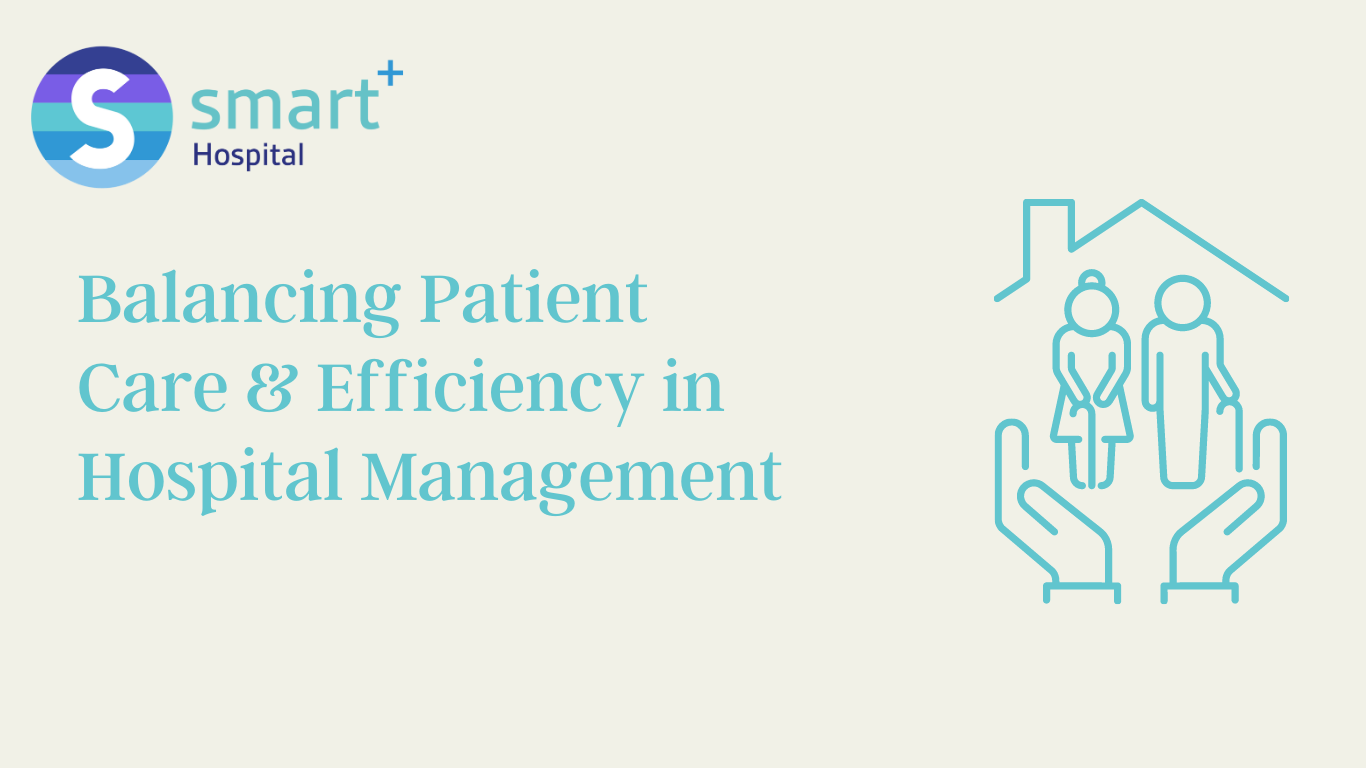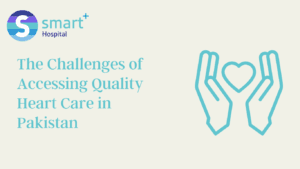In the dynamic realm of healthcare, the pressing concern of harmonising patient care with operational efficiency is increasingly taking centre stage.
This is particularly important within the context of Pakistan, a developing nation where the healthcare sector is striving to reach globally competitive standards amidst resource constraints.
It’s indeed a tricky juggling act, maintaining the quality of patient care whilst ensuring the seamless functioning of hospital operations. However, the consensus amongst healthcare professionals is that it is, indeed, achievable.
Our primary conundrum is: how does one strike the right balance? To answer that question effectively, we must first demystify the concept of patient care and operational efficiency in hospital management.
Dissecting Patient Care and Operational Efficiency
Patient care refers to the suite of services hospitals offer to enhance a patient’s health and wellbeing. This broad spectrum includes everything from accurate diagnoses, effective treatments, patient safety, to empathetic care.
Operational efficiency, on the other hand, speaks to the ability of a healthcare facility to optimise its resources, curtail waste, and improve overall productivity, all without compromising the quality of patient care.
Both aspects are integral to the success of any healthcare organisation, more so in Pakistan, where the resource pool may be limited, and the need for high-quality healthcare is on the rise. Having established the importance of both factors, let’s delve into the practical ways to achieve this balance.
The Strategic Role of Technology
We live in the era of technology, which has immense potential in augmenting both patient care and operational efficiency. Consider the installation of a comprehensive Hospital Management System (HMS).
The Aga Khan University Hospital, one of the leading healthcare providers in Pakistan, has adopted a robust HMS, facilitating streamlined workflows, reducing paperwork, and mitigating errors, which directly leads to operational efficiency.
A comprehensive HMS also promotes enhanced patient care by ensuring accurate and quickly accessible patient records. In addition, telemedicine has proven beneficial in Pakistan, where geography often restricts access to quality healthcare.
Services like Sehat Kahani and DoctHERs connect qualified doctors to patients in remote areas, promoting patient care without overwhelming hospital resources.
The Power of Staff Training and Development
Human resources are a pivotal asset for any hospital. A well-trained and motivated staff correlates directly with better patient care and operational efficiency.
Shaukat Khanum Memorial Hospital, a leading cancer hospital in Pakistan, demonstrates the impact of staff training and development. Regular training sessions not only improve staff skills but also boost morale and job satisfaction, directly affecting patient satisfaction and operational performance.
Incorporating Patient-Centric Policies
Prioritising the patient’s needs is a significant step towards high-quality patient care. A patient-centric approach might include maintaining superior cleanliness standards, safeguarding patient dignity, and promoting open communication. Patients who feel heard and cared for contribute positively to the overall hospital environment, leading to smoother operations.
The Indus Hospital in Karachi, for instance, implements a ‘Free of Cost’ model, where patient care is the primary focus. Their approach towards patient-centricity has proven instrumental in achieving high patient satisfaction and operational efficiency.
Mastering Efficient Resource Allocation
Efficient resource allocation is vital, encompassing the optimal utilisation of personnel, equipment, operating rooms, and beds to prevent wastage.
Lahore’s Services Hospital provides a prime example, where innovative resource allocation strategies have led to streamlined operations and improved patient care.
Conclusion
Renowned healthcare expert from Pakistan, Dr Amjad Khan, once said, “Healthcare isn’t merely about caring for the sick; it’s about managing resources efficiently. And managing resources efficiently isn’t solely about cutting costs; it’s about providing the best possible care.”
The key to balancing patient care and operational efficiency lies in a combination of strategic planning, technological integration, staff development, patient-centric policies, and efficient resource allocation. While this is no simple task, especially within the context of Pakistan, it is neither impossible nor impracticable.
If you’re part of a healthcare institution grappling with this balance, it’s important to remember that you’re not alone. Many hospitals face this struggle. With a strong commitment, strategic planning, and a patient-first approach, you can achieve this balance, offering hope for a brighter future for healthcare in Pakistan.




